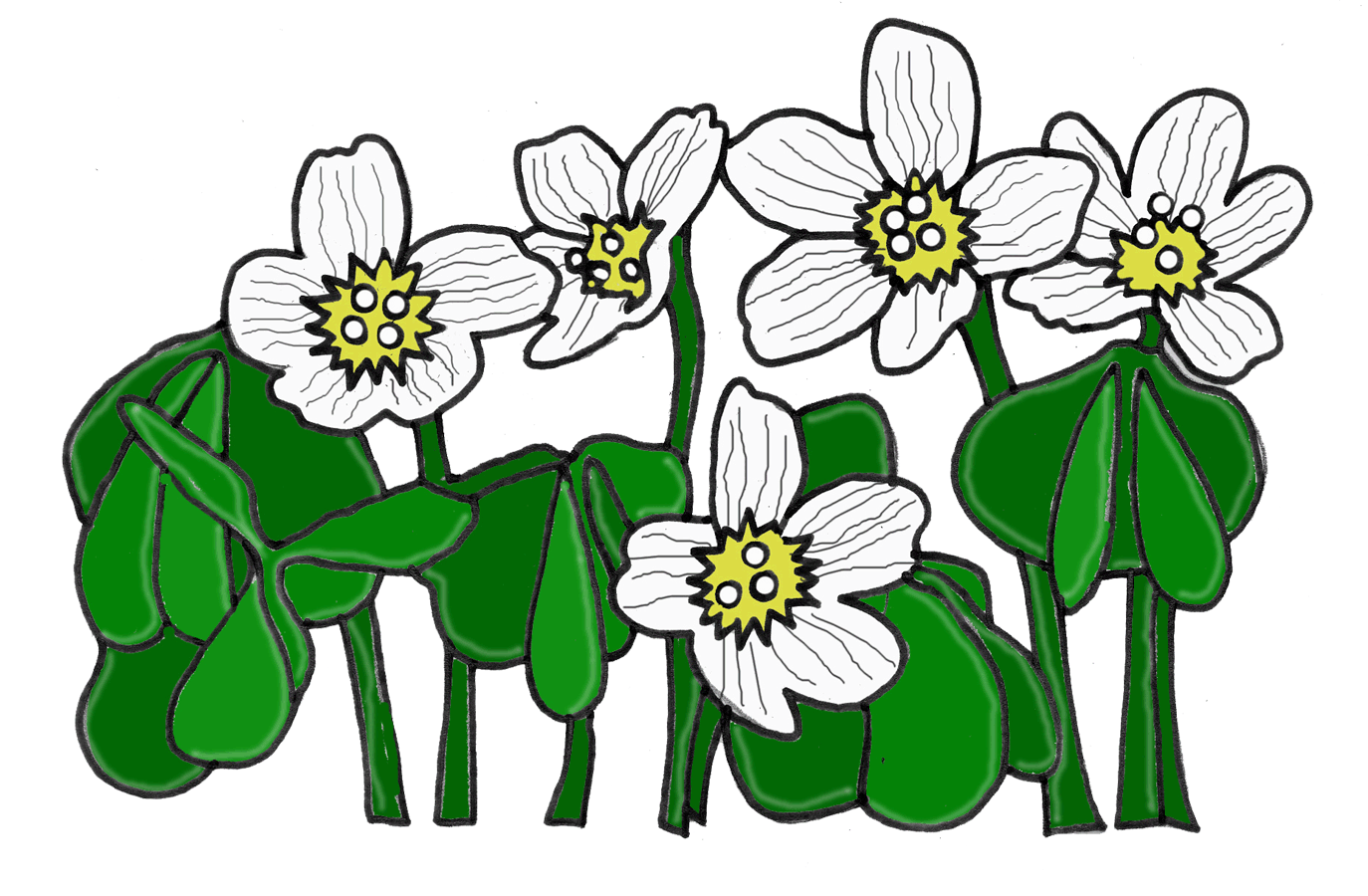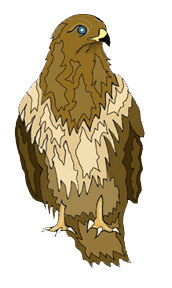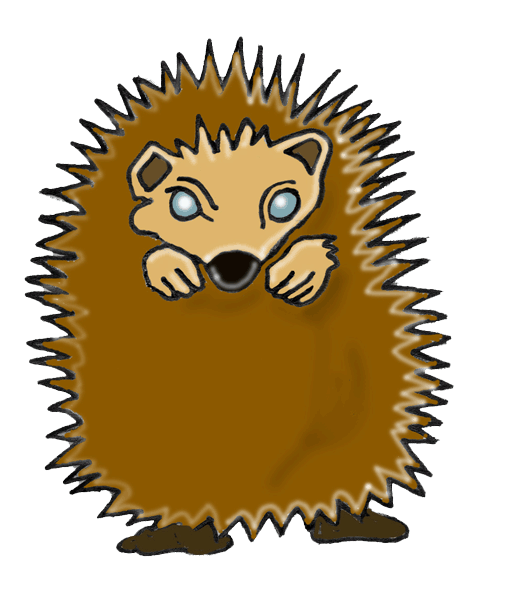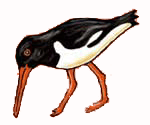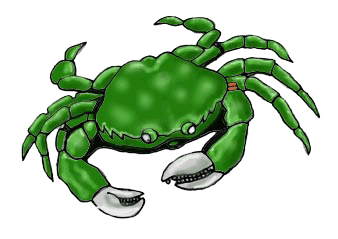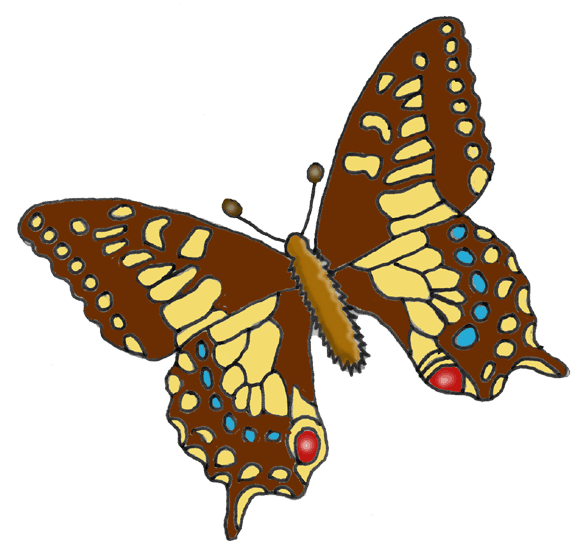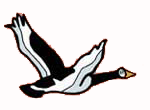
What is The Discovering Poetry Project?
The Discovering Poetry Project is a creative writing experience that combines audio/visual digital presentations
and printed worksheets to encourage children to express themselves about the environment around them by writing poems
and drawing pictures. The main aim is to develop the child's observational skills, improve their creative writing skills and foster
a sense of cultural identity by exploring the world around them.
Curriculum for Excellence
The Discovering Poetry Project has been designed to fit with the experiences and outcomes expressed in the
current Scottish Education 'Curriculum for Excellence' guidelines and meets the learning outcomes that are detailed
in the following three of main curriculum area's:
1. Expressive arts
successful learners, who can express themselves, think innovatively, meet challenges positively
and find imaginative solutions to problems and who have developed knowledge and skills related to
the different arts and broader skills such as the use of technologies
confident individuals, who have developed self-awareness, self-discipline, determination,
commitment and confidence through drawing on their own ideas, experiences and feelings, and
through successful participation
responsible citizens, who can explore ethical questions, respond to personal and social issues,
and develop stances and views, who have deepened their insight and experiences of cultural
identities and who have come to recognise the importance of the arts to the culture and identities of
Scotland and other societies
effective contributors, who can develop and express their creativity, work cooperatively and
communicate with others and, in so doing, show initiative, dependability, leadership and enterprise.
a) be creative and express themselves in different ways
b) experience enjoyment and contribute to other people’s enjoyment through creative and expressive performance and presentation
c) develop important skills, both those specific to the expressive arts and those which are transferable
d) develop an appreciation of aesthetic and cultural values, identities and ideas
e) prepare for advanced learning and future careers by building foundations for excellence in the expressive arts.
2. Language and literacy
a) the use of relevant, real-life and enjoyable contexts which build upon children and young people’s own experiences
b) effective direct and interactive teaching
c) a balance of spontaneous play and planned activities
d) harnessing the motivational benefits of following children and young people’s interests through responsive planning
e) collaborative working and independent thinking and learning
f) making meaningful links for learners across different curriculum areas
g) building on the principles of Assessment is for Learning
h) frequent opportunities to communicate in a wide range of contexts, for relevant purposes and for real
audiences within and beyond places of learning
i) The development of problem-solving skills and approaches
j) The appropriate and effective use of ICT.
3. Social studies: People, place environment
a) develop their understanding of the history, heritage and culture of Scotland, and an appreciation of their local and
national heritage within the world
b) broaden their understanding of the world by learning about human activities and achievements in the past and present
c) develop their understanding of their own values, beliefs and cultures and those of others
d) develop an understanding of the principles of democracy and citizenship through experience of
critical and independent thinking
e) explore and evaluate different types of sources and evidence
f) learn how to locate, explore and link periods, people and events in time and place
g) learn how to locate, explore and link features and places locally and further afield
h) engage in activities which encourage enterprising attitudes
i) develop an understanding of concepts that encourage enterprise and influence business
j) establish firm foundations for lifelong learning
The program also features a teacher resource section and is aimed at Primary 3-7.
Teaching philosophy
The Discovering Poetry was designed and produced in conjunction with primary head teachers and the
Scottish Poetry Library in Edinburgh. Feedback from these sources indicated that in order to effectively stimulate children
to write poetry, it was important to stimulate the five senses of touch, taste, smell, sight and sound. It was strongly felt that
the use of a computer program in the classroom should combine digital interactivity with printed material and the use of
'real' items such as bird's feathers, seashells, leaves etc.
Teaching Aims
1. To introduce children to poetry by encouraging self expression
2. To develop the observational abilities of the child by increasing awareness of his/her surroundings.
3. To provide a resource to assist the teaching of poetry in the classroom
4. To give a child a basic appreciation of poetry at an early age.
key learning outcomes are listed below.
Listening
Listening for information,
instructions and directions
Listening in groups
Listening in order to respond to texts.
Talking
Talking in groups
Talking about experiences
feelings and opinions
Talking about texts
Audience awareness
Knowledge about language
Reading
Reading for enjoyment
Reading to reflect on the writer's ideas and craft
Reading aloud
Writing
Personal writing
Illustrative writing
Punctuation and structure
Spelling
Handwriting and presentation
